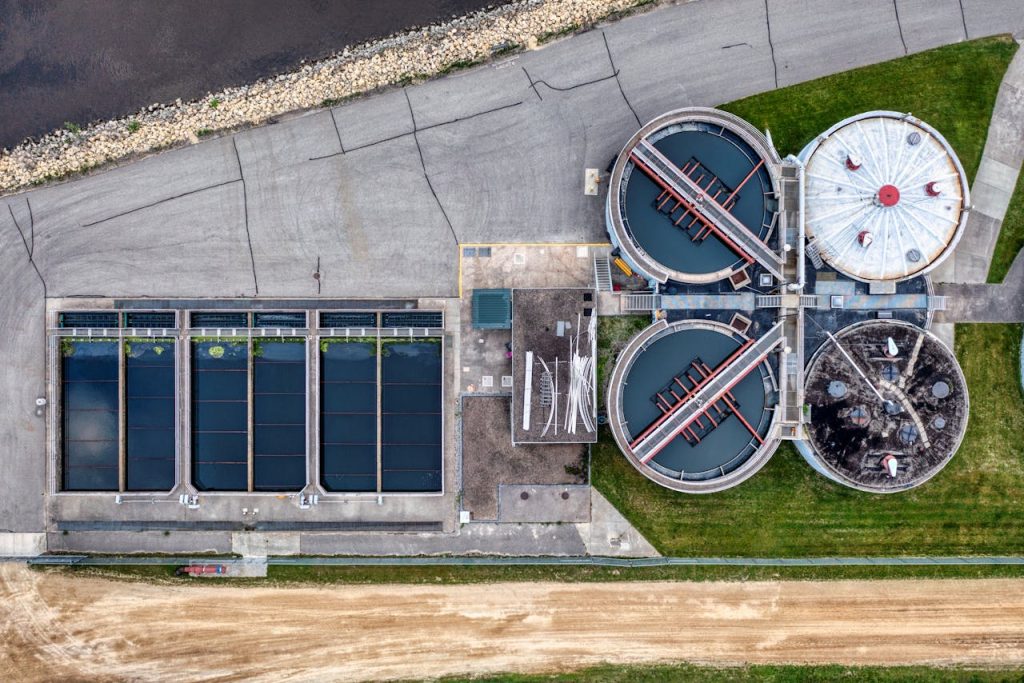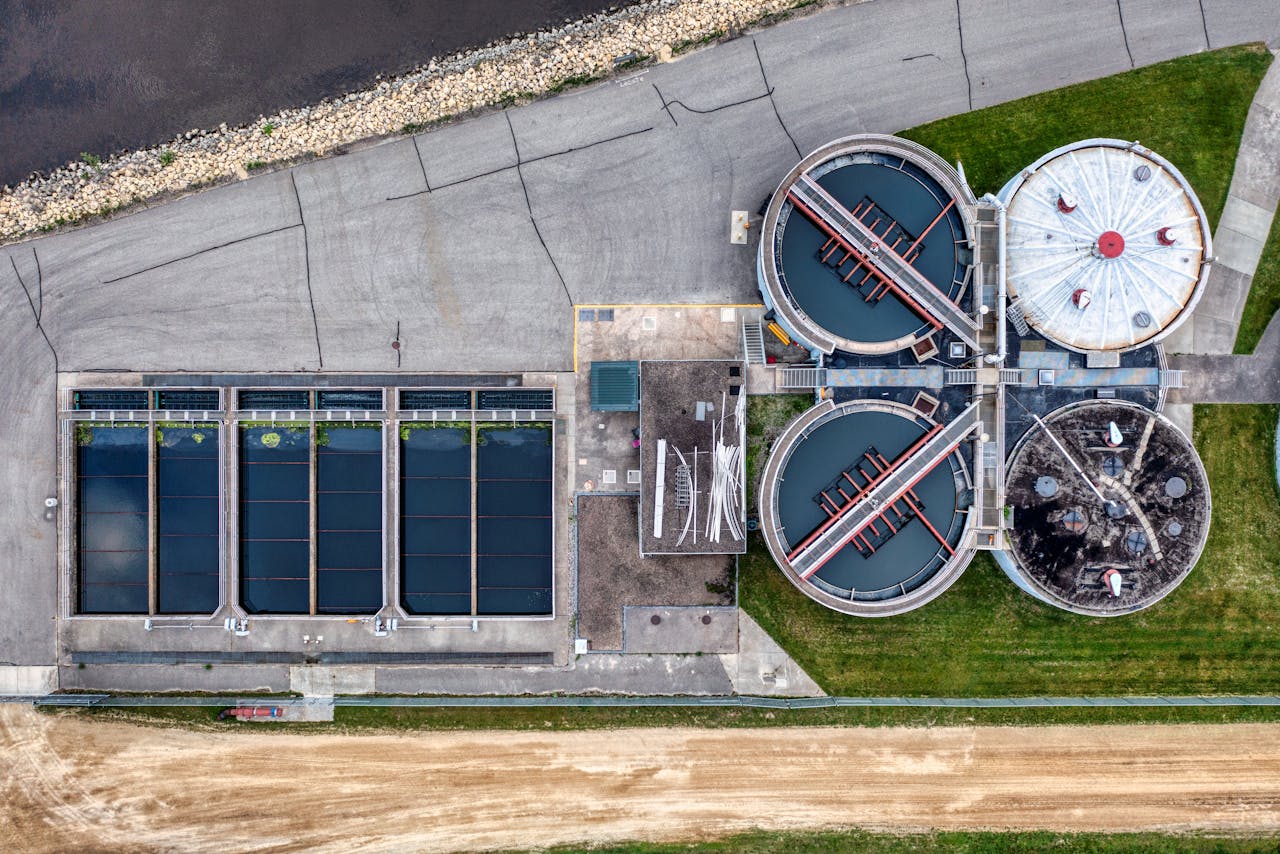As the global demand for clean water continues to rise, the need for innovative, cost-effective solutions in water treatment has never been more urgent. With the pressures of climate change, rising populations, and aging infrastructure, the cost of water treatment is climbing, and businesses and municipalities alike are looking for smarter, more efficient ways to reduce these costs while improving service reliability and quality. Enter smarter water treatment solutions, technologies that promise not only to streamline the treatment process but also dramatically cut costs.

The High Costs of Traditional Water Treatment
Traditional water treatment methods often come with hefty price tags due to the energy, chemicals, and manual labor required. Municipal water plants, industrial facilities, and agricultural operations are constantly facing rising expenses, particularly in regions with unreliable energy sources or poor water quality. The challenge is finding a solution that reduces both capital and operational costs while ensuring safe, reliable water for all uses.
Smarter water treatment solutions tackle these challenges by incorporating automation, energy efficiency, and real-time monitoring into the process, delivering significant cost savings across the board.
How Smarter Water Treatment Systems Work
These systems optimize each stage of water treatment by integrating advanced technologies like automation, real-time data analytics, and energy-efficient equipment. Sensors continuously monitor water quality, detect contaminants, and adjust treatment parameters in real time to ensure effective purification without wasting energy or chemicals.
For example, sensors measure pH, turbidity, and contaminant levels, then automatically adjust chemical dosing and pump operation based on real-time data. This process minimizes chemical use and electricity consumption, significantly cutting operating costs.
Another essential feature of smarter systems involves their ability to run on renewable energy sources such as solar or wind power. By shifting away from grid dependency, especially in areas with unstable electricity supply, these systems reduce energy costs. Hybrid setups also provide backup, ensuring uninterrupted operation even in off-grid environments.
The Benefits of Smarter Water Treatment Systems
- Cost Savings: By leveraging automation, real-time data, and renewable energy sources, smarter water treatment systems can significantly reduce operating costs. The efficiency improvements translate directly to lower energy bills, reduced chemical use, and less frequent maintenance.
- Efficiency: Smarter systems allow for more precise treatment, eliminating the need for manual oversight and reducing the potential for human error. They automatically adjust based on the real-time water quality data they gather, ensuring consistent and efficient operation.
- Sustainability: With a focus on renewable energy and efficient resource management, these systems help reduce the environmental impact of water treatment. Lower energy consumption and fewer chemical additives contribute to more sustainable water management practices.
- Scalability: Whether for a small community or a large industrial facility, smarter water treatment systems are scalable. Modular units can be customized to meet the needs of specific applications, making them ideal for everything from off-grid rural areas to large urban water plants.
- Enhanced Water Quality: Continuous monitoring and adaptive treatment processes ensure that the water quality consistently meets safety standards, reducing risks associated with contamination and waterborne diseases.
Real-World Applications and Cost Reduction
Smarter water treatment solutions are already proving their worth in various sectors. For example, agricultural operations that require large volumes of water for irrigation can save significantly by installing solar-powered treatment systems, reducing both water treatment costs and the need for external energy sources. Industrial plants, especially in remote locations, are benefiting from hybrid-powered water treatment units that lower energy consumption and reduce reliance on grid electricity, ensuring more predictable and manageable costs.
In municipal water treatment plants, the implementation of intelligent automation and monitoring systems has led to a reduction in chemical usage, energy consumption, and labor costs, while improving water quality. These systems are enabling local authorities to meet the growing demand for clean water without escalating costs.
Spenomatic’s Approach to Smarter Water Treatment
At Spenomatic Kenya Limited, we lead the way in developing and deploying smarter water treatment solutions for both urban and rural needs. Our systems deliver cost-effective, energy-efficient, and reliable water treatment by prioritizing sustainable practices and integrating renewable energy sources.
Whether you’re cutting water treatment costs in an industrial setting or implementing sustainable solutions for a remote community, we provide modular, scalable systems tailored to your specific needs. Our comprehensive support, including installation, training, and ongoing monitoring, ensures that clients lower operational costs while gaining long-term efficiency and sustainability.
Conclusion
With rising water treatment costs, shifting to smarter and more sustainable solutions has become essential. By combining automation, real-time monitoring, and renewable energy, businesses and municipalities can cut expenses, boost efficiency, and guarantee access to clean water at the lowest cost. At Spenomatic Kenya Limited, we help clients meet these goals, making water treatment not only more affordable but also future-ready and environmentally responsible.
FAQs
1. How do smarter water treatment systems reduce costs?
Smarter systems leverage automation, real-time monitoring, and energy-efficient technologies to reduce chemical and energy use, automate operations, and reduce the need for manual oversight, resulting in significant cost savings.
2. Can these systems be used in remote areas?
Yes, many smarter water treatment systems are designed to be off-grid and use renewable energy sources like solar power, making them ideal for remote or rural locations where conventional infrastructure is unavailable or unreliable.
3. How does Spenomatic Kenya Limited support clients after installation?
We provide full installation, training, and ongoing support services to ensure your system operates efficiently. Our remote monitoring capabilities also allow us to assist with performance optimization and troubleshooting.
4. What makes Spenomatic’s water treatment solutions unique?
Our solutions combine the latest technology in water purification, renewable energy integration, and real-time monitoring to provide cost-effective and reliable water treatment tailored to your needs.
5. Are these systems suitable for large-scale industrial applications?
Yes, our smarter water treatment systems are scalable and customizable, making them suitable for both small-scale and large industrial applications, as well as municipal water treatment plants.

